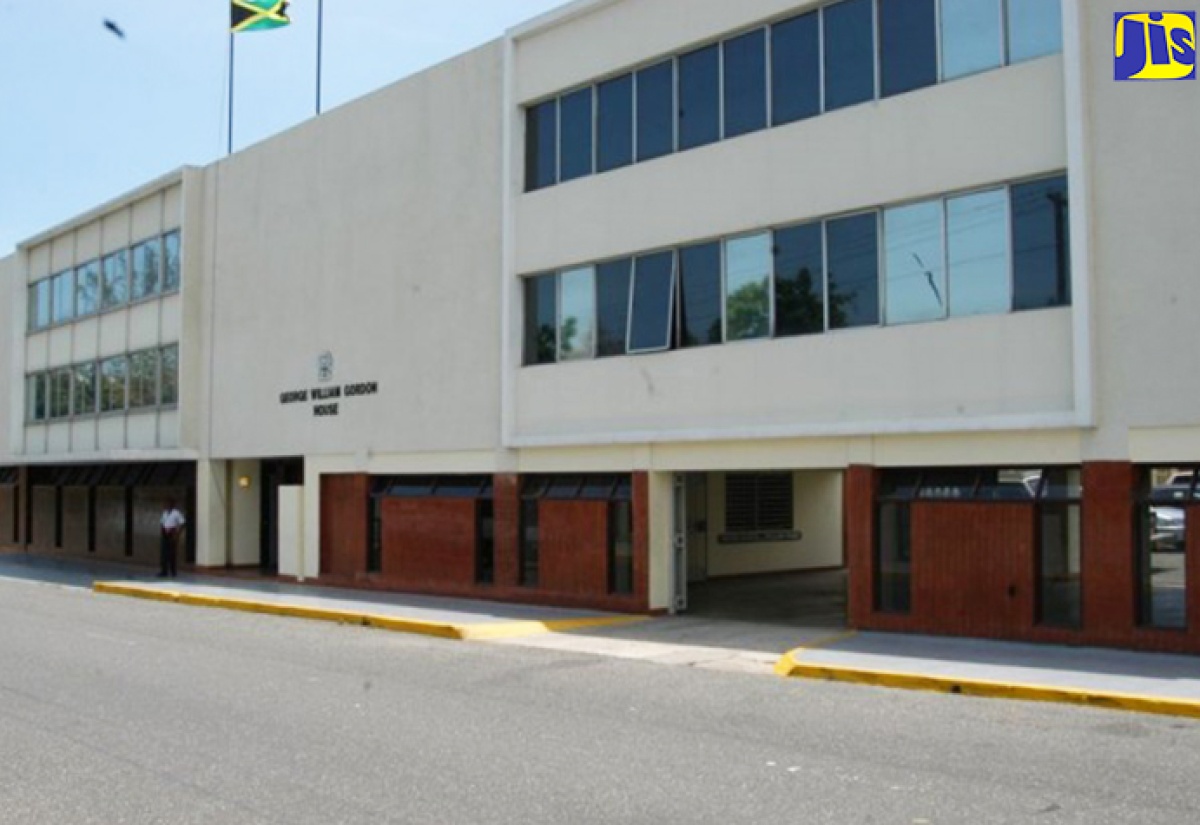Understanding the Budget
By: , March 7, 2018The Key Point:
The Facts
- The Budget Debate provides the Government with the opportunity to outline the activities that will be undertaken for the new fiscal year, take stock of its performance over the previous fiscal year, measure its progress in relation to the targets previously set, and assess the effectiveness of its management of the country's finances.
The Full Story
As the Government prepares to present a breakdown of its budgetary proposals for the 2018-19 year, it is important that all Jamaicans get an opportunity to partake in the discussions and to have a full appreciation of the terms and words used in the discourse.
On February 15, the Minister of Finance and the Public Service, Hon. Audley Shaw, tabled the 2017/18 Estimates of Expenditure in the House of Representatives, which detailed the allocations in the budget for all Ministries, Departments and Agencies of Government, as well as for projects and programmes to be done or completed in the financial year.
The Standing Finance Committee (SFC) of the House of Representatives later met to review these estimates.
The Budget Debate will then be opened on March 8.
The Debate provides the Government with the opportunity to outline the activities that will be undertaken for the new fiscal year, take stock of its performance over the previous fiscal year, measure its progress in relation to the targets previously set, and assess the effectiveness of its management of the country’s finances.
These discussions are often accompanied by an array of technical financial terms. Below are some which all Jamaicans should know:
• Recurrent Expenditure
The recurrent account contains all the expenses that accrue in the carrying out of services normally rendered by the Government.
Some of these expenses include wages and salaries of government employees, and the upkeep of offices, factories, warehouses and farms. The recurrent account also contains an estimate of the revenue expected from taxes, such as import duties, income taxes, property taxes, licenses, and consumption duties.
• Capital Expenditure:
The capital account includes expenses connected with the purchase and upkeep of goods such as machinery in factories, school buildings, offices and roads. It also includes income from government-owned profit-making enterprises and loans of various kinds.
• Appropriations Act
This is the law that gives the Government the authority to spend money for the activities outlined in the Estimates of Expenditure.
• Estimates of Expenditure
This refers to the legal financial document which provides details on the amount of money the Government intends to spend during the fiscal year. The estimates of expenditure include allocations to government ministries, departments and agencies.
• Fiscal Policy
This is the measure used by the Government to manage the National Budget and to influence macroeconomic outcomes.
This is revenue earned from taxes, as well as non-tax sources, such as court fines and interest earned on investments.
• Capital Revenue
This is the revenue raised through royalties, sale of land, divestment proceeds and external loans.
• Consolidated Fund
This is the primary account to which all government revenue is deposited and from which expenditure is withdrawn.
• Government Revenue
This is the amount of money the Government expects to earn or raise in order to finance public expenditure.
• Multilateral Loans/Grants represent funding from international financial institutions, such as the World Bank, the International Monetary Fund (IMF) and the Inter-American Development Bank (IDB).
• Bilateral Grants represent funding from other governments.
• Public Debt is the total amount of money owed by the Government.
• ‘Capital A’ Projects are funded solely from revenue obtained from taxes.
• ‘Capital B’ Projects are funded by revenue from taxes and multilateral and bilateral loans and grants.
Persons can visit the website of the Jamaica Information Service (JIS) for more information on the Budget at: http://jis.gov.jm/government/budget-watch/.


